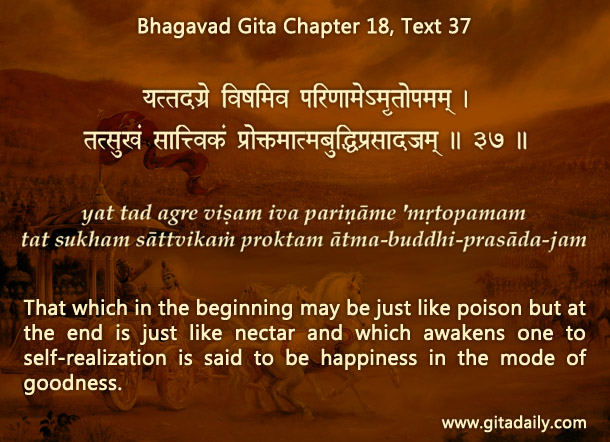When our mind doesn’t care for the things that matter to us, we don’t have to stop caring for those things. We can choose to stop caring for the mind’s opinion of those things.
In life, we often have to make choices. While some choices are between right and wrong, others are between the more important and the less important. Suppose we care for something as an important principle or purpose in our life—maybe even our life’s defining principle or purpose. Suppose we have a colleague, friend, relative, or even a family member who doesn’t care for that principle or purpose. Just because they don’t approve of the thing that is important to us, or even if they actively and aggressively disapprove of that thing, it doesn’t necessarily mean that we have to give up that thing.
We need to be resourceful enough to create space for that thing while also leaving some space for our relationship with that person. We don’t have to stop caring for that person entirely, but we can stop caring for that person’s opinion or approval of the thing that matters to us.
For example, we may pursue a particular hobby, or we may even pursue spirituality as not just a hobby but as our life’s overarching purpose. And yet, we may have family members who don’t care for that purpose. We don’t reject one for the other, but we choose to carefully compartmentalize our life so that there is space for both.
We need to do something similar when our mind doesn’t care for the things that matter to us, such as our spirituality or our devotion to Krishna, the supreme spiritual reality. Just because our mind doesn’t care for our spirituality doesn’t mean that we have to stop caring for it.
What does that mean practically? When our mind doesn’t care for our spirituality, that means we don’t get any support from our mind’s emotions or interests when we try to pursue spirituality. Instead of being encouraged or at least entertained in our spiritual pursuits, we may be discouraged and diverted from them by our mind’s suggestions and solicitations.
Though the mind is unlike an external family member because it is inside us, it is still different from us. And it is not our boss. We can’t get rid of our mind, but we don’t have to get rid of the things our mind doesn’t approve of. We can even compartmentalize our inner world, placing our spirituality in a sacred space that is unreachable by our mind’s emotions—in the sense that we don’t depend on the mind’s support for doing those activities that connect us with Krishna.
Our mind, being fickle, may sometimes support us, and we should welcome those moments whenever they occur. But when they disappear, we don’t let our inclination toward Krishna disappear with them or even decrease due to them. We foster a strong intellectual conviction based on our reflection on wisdom texts like the Bhagavad Gita and on our social connections with those who are devoted to Krishna.
When we become firmly situated in our devotional connection with Krishna, our mind gradually starts seeing that such a connection is making us happy. Indeed, such a connection can even make our mind happy whenever it allows itself to become open to experiencing Krishna’s sweetness. Just as our family sees that the things that matter to us are actually making us happier and better, they may start valuing those things and even adopting them.
Once our mind becomes our partner in our spiritual journey, spiritual life becomes incessantly and increasingly joyful, as indicated in the Bhagavad Gita (9.2). Until we reach this phase of nectar in our inner life—when our mind is converted to our cause—we need to tolerate the phase of poison when our mind is apathetic or even antipathetic to our devotional cause, as indicated in 18.37.
It is by not caring for our mind’s opinion about the things we care for that we can actually transform our mind. It is necessary to go through the phase of poison before we can get to the phase of nectar.
Summary:
- When our mind doesn’t care for things such as our spirituality, which we care for, we need to compartmentalize our inner world and not let our mind’s emotions affect our spiritual connection.
- Persisting in our spirituality while neglecting our mind—or specifically neglecting its opinion of our spirituality—is difficult. It is like drinking poison.
- Thankfully, if we persist through this phase, our mind will start appreciating and even relishing our spirituality, thereby heralding our entry into a nectar phase where our inner world becomes a place of incessant and increasing joy.
Think it over:
- Explain with an example from daily life why we may need to compartmentalize our inner world.
- Recollect any incident when you cared for something without caring for your mind’s opinion or emotion about that thing.
- Why do we need to go through the phase of poison in our inner world, and how does that phase give way to a phase of nectar?
***
18.37 That which in the beginning may be just like poison but at the end is just like nectar and which awakens one to self-realization is said to be happiness in the mode of goodness.



Leave A Comment